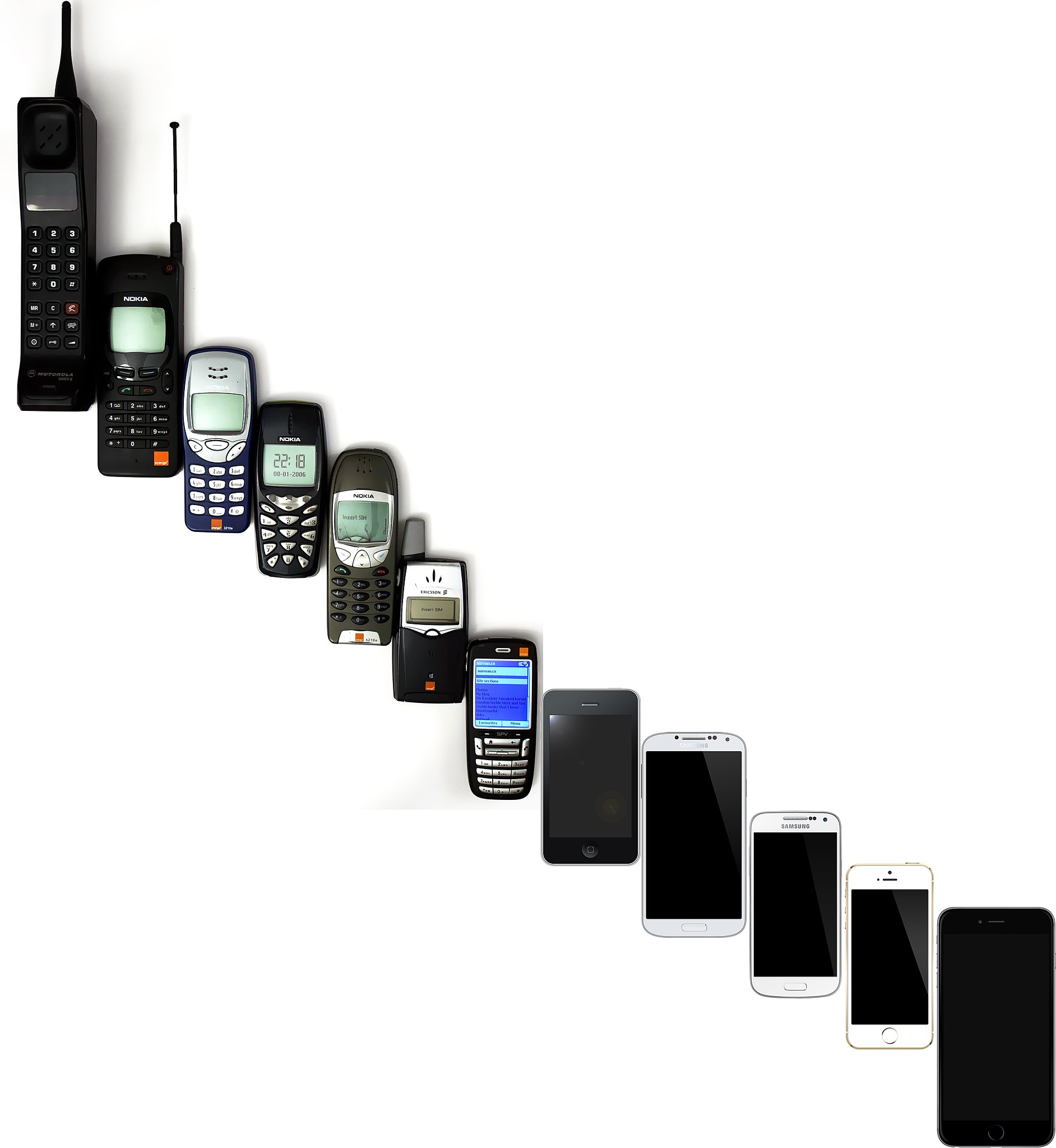As the use of mobile devices continues to grow in healthcare, the protection of sensitive patient data has become a critical concern. In this article, we’ll explore the importance of mobile device security in healthcare and provide tips on how healthcare organizations can protect their patients’ data.
The Importance of Mobile Device Security in Healthcare
In today’s digital age, mobile devices like tablets and smartphones have become an indispensable part of the healthcare industry. They allow for quick and convenient access to patient data, communication between healthcare professionals, and remote monitoring of patients. However, the use of mobile devices also poses significant security risks that must be addressed for patient data protection.
Mobile devices, such as smartphones and tablets, have become an essential tool for healthcare professionals in their daily work. However, these devices are also vulnerable to cyber attacks that can compromise sensitive patient data. Cybercriminals are increasingly targeting healthcare organizations, making it more important than ever for healthcare providers to protect their patients’ data.
One of the most significant risks to mobile device security is the use of unsecured public Wi-Fi networks. Healthcare professionals often connect to public Wi-Fi networks when working remotely, which can leave their mobile devices vulnerable to attacks. Cybercriminals can intercept data transmitted over these networks, giving them access to confidential patient information.
Another risk to mobile device security is the use of insecure apps. Healthcare professionals often use apps to access patient data, but not all apps are created equal. Some apps may have vulnerabilities that cybercriminals can exploit to gain access to sensitive data.
Hackers may also use social engineering techniques, such as phishing, to gain access to mobile devices. Phishing emails or text messages may appear to come from a trusted source, such as a healthcare provider, to trick users into giving up their login credentials or other sensitive information.
Best Practices for Mobile Device Security in Healthcare
To protect patient data on mobile devices, healthcare organizations should implement strong security measures, such as:
1. Use of secure Wi-Fi networks: Healthcare professionals should avoid connecting to unsecured public Wi-Fi networks and instead use secure, password-protected networks.
2. Mobile device management: Healthcare organizations should implement mobile device management (MDM) software to monitor and control mobile devices used by their employees. MDM software can help enforce security policies, such as password protection, and remotely wipe data from lost or stolen devices.
3. App security: Healthcare professionals should only use apps that are approved by their organization and have been vetted for security vulnerabilities.
4. Employee training: Healthcare organizations should provide regular training to employees on how to identify and avoid phishing attacks and other security threats.
In conclusion, protecting patient data on mobile devices is critical in today’s healthcare environment. Healthcare organizations should prioritize mobile device security and implement strong security measures to ensure the confidentiality and integrity of their patients’ data. By taking these steps, healthcare providers can reduce the risk of cyber attacks and protect their patients’ privacy.
